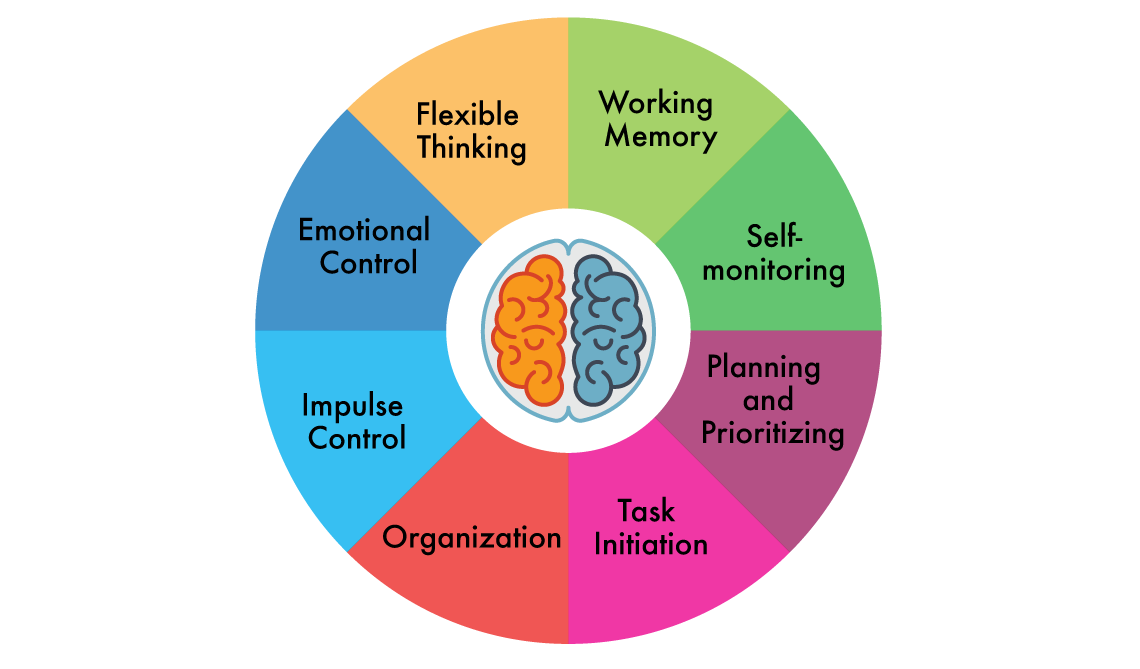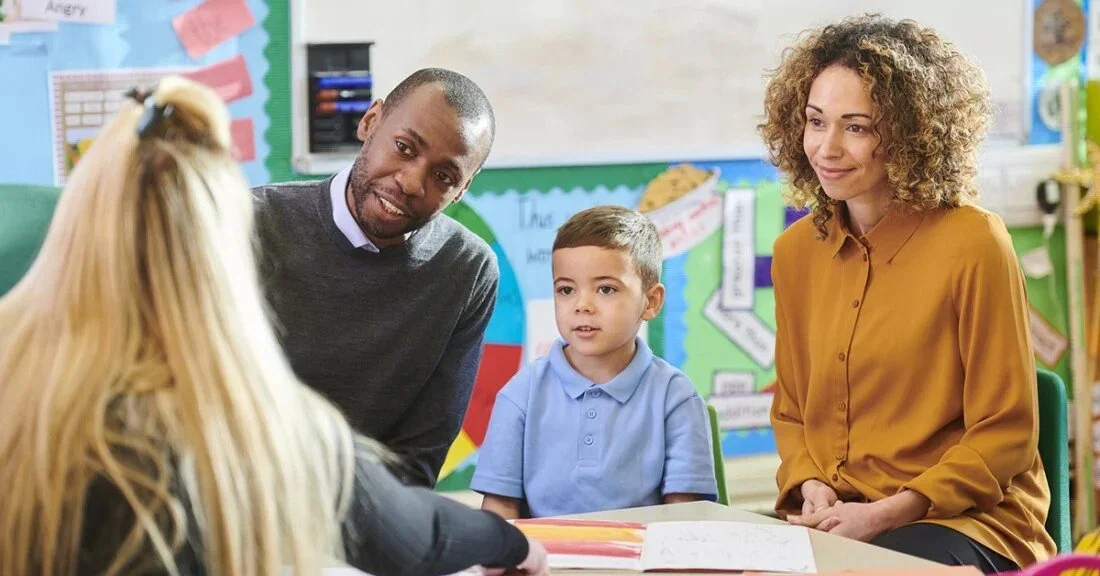How to Support your Child if you suspect they may have a Special Educational Need and Disability (SEND)
Image: Learning Cubs
written by Harriet Clark
Many children have a learning need, and some have more than one. If your child seems persistently unhappy, or if they are regularly struggling in school it might be a sign that they need some extra support.
The earlier that your child’s learning needs are identified and the appropriate support can be put in place, the better the outcomes will be for your child.
According to the most recent report published in June 2025 by the UK Department for Education, 18% of school aged pupils have a special educational need.
Common signs your child may have a learning difference:
Difficulties reading / writing or maths
Difficulties with processing information
Poor working memory - difficulties remembering things
Finding it hard to stay on task
Attentional difficulties, being constantly on the go
Difficulties with managing spatial boundaries
Struggle with sensory overload and regularly ‘burn out’
Other signs of a learning difference:
Acting without thinking, blurting out (impulsively)
Difficulties coping with transitions in the day
Difficulties staying on task and focusing
Struggles with school performance week to week, or day to day
The government’s SEND code of practice identifies four broad areas of SEND need:
Communication and interaction
Cognition and learning
Social, emotional and mental health
Sensory / and or physical needs
What skills do we need to learn?
For all children, learning involves many different aspects from being able to plan, focus and organise yourself independently. Another important tool is being able to communicate and ask for help when you are struggling.
Learning a new skill can be a demanding process for any child, and children are unique in terms of how they develop and the pace at which they learn.
For some children, processing and learning new information is easy. They can focus, stay on task and follow directions. They can plan and work independently, and they can manage transitions easily from one classroom or activity to another.
For others, the high verbal load in a classroom is too much or the pace of delivery is too fast. They may find it hard to organize their thoughts and process their emotions. For many children school may be very stressful due to difficulties forming relationships.
Image: Microgate
Executive functions
Executive functions are the skills needed to stay on task, think flexibly and stay calm in the face of stress. These skills underpin everything we do. From getting dressed and packing your backpack, to learning to ride a bike. They support all learning and involve planning, time management, working memory, impulse control, organisation, perseverance and emotion regulation.
Emotion Regulation
Learning also activates the emotional part of the brain. This is because when you learn a new skill you may likely experience frustration, or disappointment at times, as well as joy when you achieve. For some children, emotion regulation is a challenge and the demands of learning new tasks can mean they become emotionally dysregulated a lot of the time.
How can children be supported if they have under-developed executive functions?
Children who have weaker executive functions may have a harder time in the classroom, and at home organising themselves. This can affect their self confidence and belief in themselves as a learner, so it's important to be observant and notice if your child seems unhappy at school.
With support, your child will develop their executive functions, and it is important to remember that children develop at their own pace. The main thing is to validate your child where they are at, and give empathy so that they know they are being listened to.
What to do if you are concerned your child is struggling?
If your child seems to be struggling on a week to week basis, or a day to day basis, chat to your child. When children are emotional and tired it can be hard for them to find the words to express what happened.
Remember you know your child better than anyone else, so you will be best placed to recognise the signs of distress.
Ask open ended questions
Try to ask open-ended questions, such as “what did you like most about today?” Or “who did you sit with at lunch today?” You might ask, “what was the hardest thing that happened today?”
Help your child build resilience
See if your child can recall positive moments in their day, as well as any challenges. In doing this you are encouraging them to be resilient, to reflect on what went well as well as what was difficult.
Image: AECF
What to do if you continue to have concerns?
Talk to their teacher and or SENCO
If you continue to have concerns, arrange to talk to their teacher, and or the SENCO to discuss your concerns. The SENCO is the designated teacher in school responsible for coordinating help for children with special educational needs.
Your school must tell you if they are organising additional support for your child. It might be that they recommend your child attend a small group, or be supported in a one to one with a teacher. In early educational settings this is called Early Years Action, and in primary school it's called School Action.
The school SENCO may recommend an educational plan be put in place for your child to assess and target their areas of need. It is helpful to keep notes of your meeting, including any follow up actions. Each school will have their own processes and steps that they follow to ensure your child’s needs are identified and their needs are being met.
It is important to remember that there is a SEN code of practice that all schools must abide by, and it is enshrined in the law.
If the support that is put in place is not sufficient, or not effective you can ask for your child to be referred for an Educational Psychologist assessment of their learning needs.
If your child is given an IEP (Individual Education Plan) the school should take into consideration your child’s views of themselves.
The IEP should cover:
What special or additional help is being given
The frequency of support being offered to your child
What the targets are
Who will provide the support
How your child’s progress will be tracked and monitored
What you can do at home to support your child
Other services and organisations you can get in touch with:
IPSEA - the leading charity in SEND law
Health Services - your GP or Paediatrician
Social Services
Voluntary sector - charities such as the National Literacy Trust
You may also contact us at BrightTeach. Our tutors are experienced in working with students with a range of Special Educational Needs and Disabilities. These include ASD, ADHD, Dyslexia, Dyscalculia, SLCN, PDA and SEMH needs.
At BrightTeach our tutors are skilled at supporting children, no matter what their learning needs are. Our tutors will differentiate the learning and work with your child. They are skilled to support a range of learning differences.
Want to learn more?
Why not get in touch…
email us at: send@brightteach.com
or phone us at: 01273 033 243



